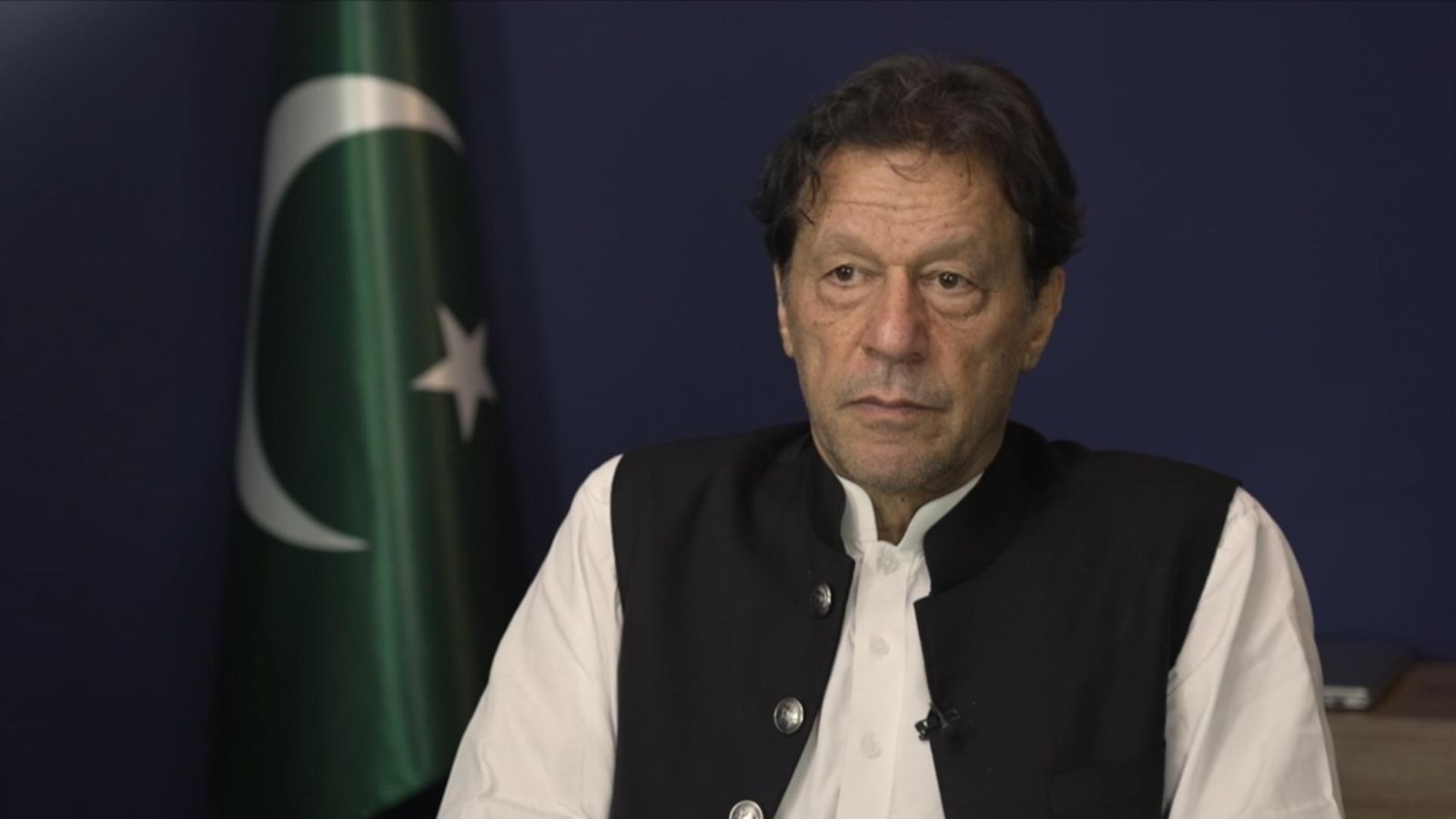Islamabad: Ex PM Imran Khan’s latest arrest casts a shadow over the coming election
Khan, who was sentenced to three years, appealed to his supporters but they failed to respond, probably because of government repression. It is hard to predict what will happen as elections this fall might be postponed. For expert Farwa Aamer, public confidence and foreign investment are at risk of being eroded.
Islamabad (AsiaNews) – Former Pakistani Prime Minister Imran Khan has been arrested for a second time in less than six months following his conviction in a political corruption case named after Toshakhana, a government department.
While the first arrest on 9 May sparked violent street protests in favour of his release, which was eventually done on orders of the Supreme Court, imprisonment this time could put an end to his political career.
The three-year sentence brings a ban from political life for five years, which will prevent him from taking part in the next political elections, expected this fall.
Khan, 70, was found guilty of selling state gifts worth about US$ 500,000 when he was prime minister. He faces more than a hundred additional charges, which he deems politically motivated.
A cricket star in his early adult life, Imran Khan came to power in 2018 on a populist wave with the support of Pakistan’s military, after a period of direct military rule. What this did not end was the military’s hold on Pakistani politics.
In April 2022, Khan lost a vote of no confidence in parliament and was ousted. Since then he has been actively calling for early elections, betting on the widespread support his party, the Pakistan Tehreek-e-Insaf (PTI), enjoys among voters, especially young people and religious conservatives.
According to Khan himself, his party is backed by 70 per cent of the electorate. This latest development in Pakistani politics risks, however, causing further instability.
“Given May 9's aftermath, there is surely concern that there could be heightened political tensions and uncertainty in the coming days which could undermine the overall stability of the country. Khan has a huge following, especially amongst Pakistani youth and women,” said Farwa Aamer, director of Asia Initiatives at Asia Society Policy Institute, speaking to AsiaNews.
“His disqualification for five years from politics, particularly in the lead-up to the elections, will not be received well by a large portion of the masses and may deter that voter base,” she added.
Despite the latest call to take to the streets to protest, Imran Khan's supporters apparently did not respond, perhaps because of the repression carried out by the government led by Prime Minister Shehbaz Sharif.
In recent months, several PTI members have been forced to leave the party, and hundreds of supporters have been arrested for trial in military courts, despite criticism from human rights groups.
Some protesters who gathered Saturday afternoon in front of Imran Khan's home in Lahore during his arrest were forcibly removed by police. It is unclear whether they were detained.
A security force source told the BBC on condition of anonymity that all officers had been ordered to prevent gatherings and protests by PTI supporters.
On social media several posts backing the former prime minister were deleted. Some of his fiercest supporters are keeping silent about the latest events.
Imran Khan's lawyers said the former prime minister did not get a fair trial. Since he was not present in court for the hearing, the conviction was illegal under Pakistani law since it does not provide for trials in absentia.
As things stand, it is very hard to know what will happen now. “The dynamics of accountability, leadership, and electoral competition are set to shift, making the upcoming elections a critical juncture,” Farwa Aamer noted.
In fact, “there are already indications that elections may be delayed following the new census. A delay may lose public confidence in the process, allow more powers to interim governments than they should maintain, and further deter economic investments owing to continued instability – something the country cannot and should not afford,” she added.
Census data, which will be released over the weekend, may require a redrawing of constituency boundaries, and this could delay the election.
Over the past year, the country has struggled to obtain a loan from the International Monetary Fund, after its foreign exchange reserves were almost completely depleted and inflation jumped to a record of almost 40 per cent.
29/02/2024 20:15







.png)










